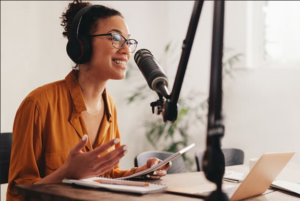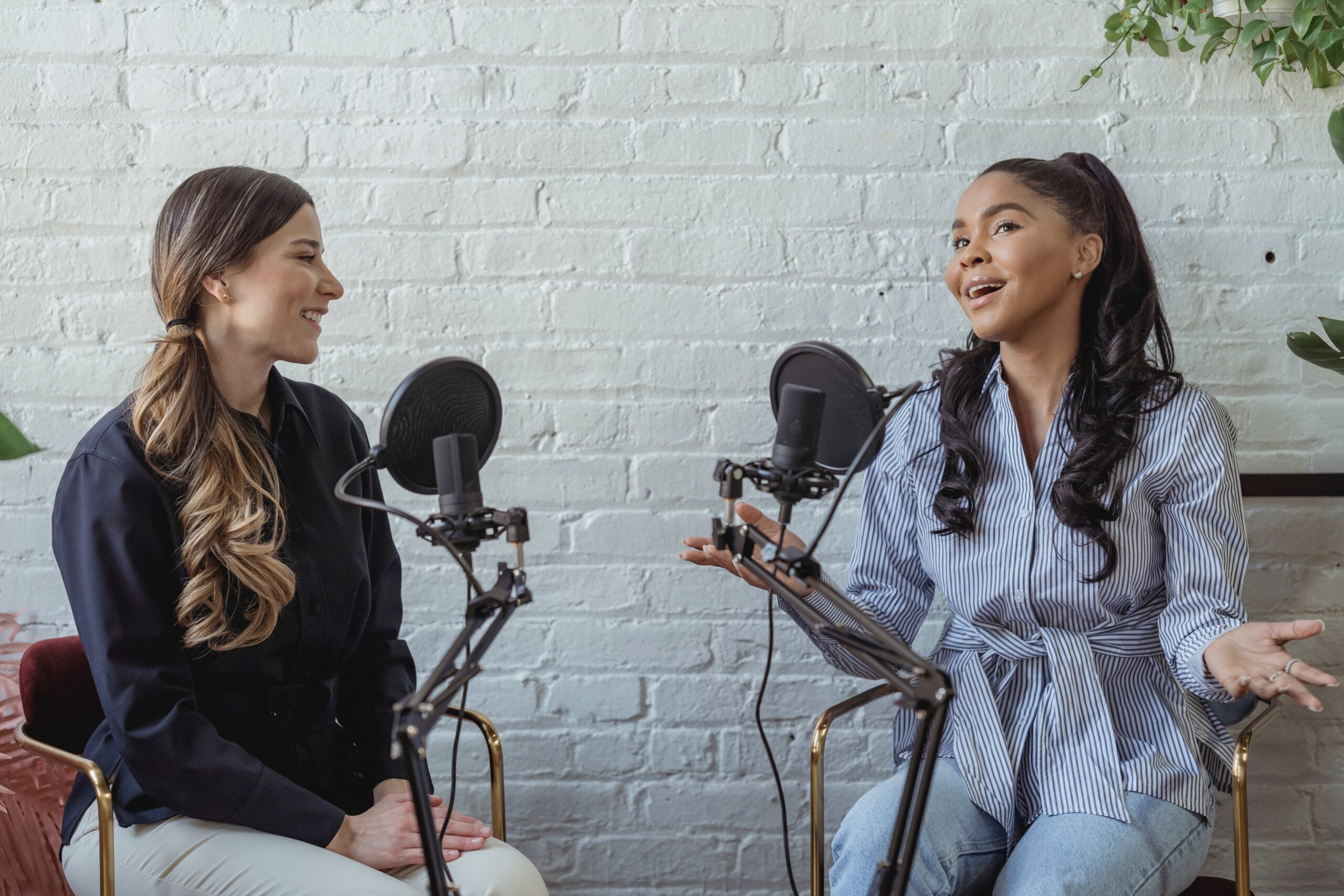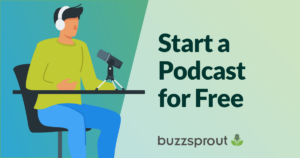What is a podcast? Simply: Podcasts have continued to increase its popularity in the past years. It's a marketing trend nowadays, and you hear abo
What is a podcast? Simply: Podcasts have continued to increase its popularity in the past years. It’s a marketing trend nowadays, and you hear about it around the clock. And it appears like everyone has their own show.
But if you’ve been living under a rock and podcasting (whether listening or hosting) is a word you’re not familiar with, there’s a great chance you’re wondering, “What is a podcast and how does it work?” or “How do I listen to one?” This article will share what we know about its meaning and how to listen to podcast episodes.
A Brief History of Podcast
The podcast concept was created in 2000. The idea of attaching sound and video files in RSS feeds was proposed in a draft by Tristan Louis and was implemented by Dave Winer, the author of the RSS format.
Then in 2004, former MTV video jockey Adam Curry and Dave Winer designed a software called iPodder. The program allows users to download radio broadcasts directly to their Apple iPods. And this is where the term and meaning of podcast originated. With that, Dave Winer and Adam Curry are acknowledged as the true godfathers of podcasting.
By early 2005, new media creators were launching their podcasts, and several podcast directories began to appear to support the systematization of podcasts being formed.

The Podcast Definition
In the simplest terms: a podcast is the streaming era’s match-up to Talk Radio. It is an audio series of spoken words that can be listened to or downloaded using an Internet connection. Although a similar format to a radio program, it is a pre-recorded show, and anyone can tune into a podcast episode according to their schedules.
It comprises episodes, which are organized depending on the subtopic and theme. They can be live and scripted or prerecorded and edited. Some span just 15 to 20 minutes, while others last for hours, so you can relax for a good long time.
Are Podcasts Audio Only Or Video?
Podcasts were put together as an audio medium exclusively. And due to its increasing popularity, lots of podcast producers have adopted video podcasting to boost their discoverability and engage new audiences.
Videos are viral. According to recent online video consumption statistics, 93% of internet users worldwide watch digital videos weekly. So podcasters add video elements to their talk show to attract and connect deeper to broader audiences.
Audio podcasts are more common as they are easier to lay out, demand less storage space, and don’t need costly equipment or editing software. Many also prefer the audio because they can listen to it anytime, anywhere. You can’t watch a video while driving, working out, or doing something in your garden, right? So, audio content is more prominent than video.
What Is The Purpose Of A Podcast?

Podcasts can be intended for educating, entertaining, or even marketing. Listeners subscribe to a particular show because of the following reasons:
- Learn about new things
- Stay up-to-date on current events
- Hear interviews with popular personalities
- Laugh at cohosts’ improvising and gags.
- Source of inspiration
Most Used Types Of Podcasts
With its rage, there are now podcasts almost for everything. Here are some of the most common podcast formats
|
|
|
|
|
|
|
|
Popular Podcasts Examples
As of June 2022, there are more than 2.4 million podcasts and over 66 million total episodes. Podcasters can create and launch their shows based on their chosen subject matter. Podcasts cover a comprehensive range of topics. Some of the ideas for podcasts are:
| 1.Comedy
2. Travel 3. Paranormal 4. Sports |
5. Cinema
6. News & Current Affairs 7. True Crime 8. Food |
9. Self-Help
10.Religion 11. Health & Awareness 12. History |
And those looking for podcasts where they can begin their listening journey should tune in to the podcasts list below after reading this article.
- The Joe Rogan Podcast
- The Daily
- The Guilty Feminist
- Call Her Daddy
- Morbid: A True Crime Podcast
- Stuff You Should Know
- Stuff Mom Never Told You
- Conan O’Brien Needs a Friend
- Dolly Parton’s America Podcast
- Crime Junkie
How to Listen to Podcasts

Through Phone |
The most popular methods to listen to podcasts are through applications on your smartphone. There are several options available, but some of the most downloaded include:
|
On a website |
Most podcasts own a website for their program. These sites typically have pages that contain an audio player as well as other features, like show notes and transcription. |
Are Podcasts Free?
All podcasts are free, and most are available through multiple apps. The only expense is your internet connection. Some hosts may invite you to subscribe to their shows. However, you don’t need to worry because clicking the subscribe button is absolutely free.
Wrapping Up
Podcasting is here to say, and it will only evolve with time. And we need to ensure you’re with us on this journey. In case you’re among those people who are clueless and bear little knowledge of Podcast we’re hoping that we impart the information you need as exhaustively as possible. So, grab your phone, and get listening today!


COMMENTS
Cool. I spent a long time looking for relevant content and found that your article gave me new ideas, which is very helpful for my research. I think my thesis can be completed more smoothly. Thank you.